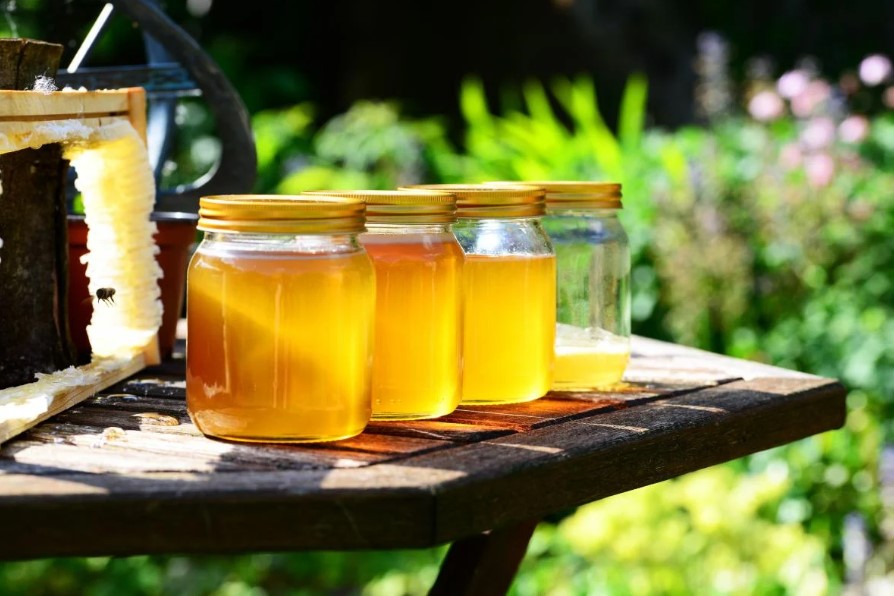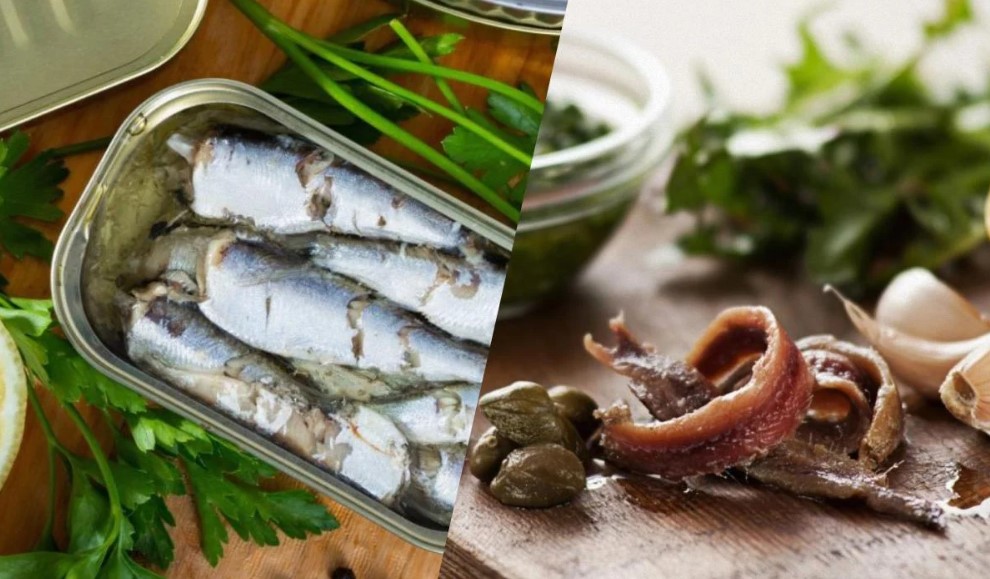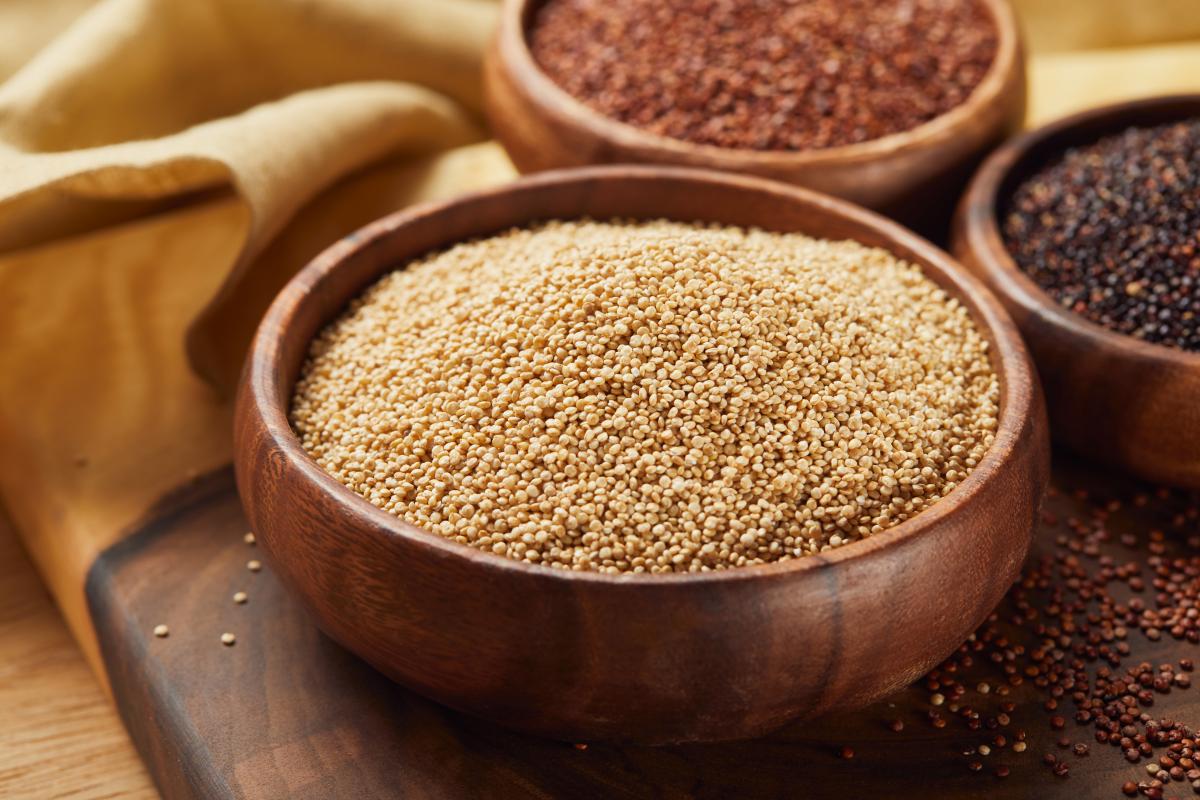Honey has an anti-inflammatory effect and has healing properties.
Honey is a natural sweetener that has such useful properties as relieving coughs and treating seasonal allergies.
“Honey is a sweet liquid produced by bees from the nectar of flowers. People around the world have extolled the health benefits of honey for thousands of years,” says Medical News Today. “Modern science finds evidence for many uses of honey.”
Despite the fact that honey is really good for health, but it is a natural sugar, so it is important to use it in moderation.
The Deseret News named five beneficial properties of honey and the difference between raw and pasteurized honey.
Raw honey is not heated, so it retains more nutrients, such as antioxidants and vitamins, which provide honey with more health benefits.
“Raw honey comes directly from the combs. The beekeeper usually simply filters the honey to remove fine particles, including pollen, beeswax and parts of dead bees,” it said.
When honey is pasteurized, it is heated to approximately 160 degrees. This process gives the honey a clearer and smoother appearance, increases shelf life and causes it to crystallize more slowly, Verywell Health reports. During pasteurization, some of the natural nutrients contained in honey are lost under the influence of heat. Both types of honey are good, but raw honey has more benefits.
Honey is rich in nutrients, including antioxidants, polyphenols, magnesium, potassium, and anti-inflammatory properties.
“In addition to its use as a natural sweetener, honey is used as an anti-inflammatory, antioxidant, and antibacterial agent. People commonly use honey orally to treat coughs and topically to treat burns and heal wounds,” the Mayo Clinic article states.
Because honey is a natural source of antioxidants, a review in Pharmacognosy Research suggests that regular consumption of honey may benefit cardiovascular, respiratory, gastrointestinal, and nervous system health.
Honey can be used for local treatment of cuts and wounds. A scientific review published in Pharmacognosy Research reports that honey is beneficial for wound healing due to its anti-inflammatory, antibacterial and antioxidant properties.
“Honey has been used for wound healing for centuries, and some types of honey, such as medicinal honey, have shown potential in wound healing due to their antimicrobial properties and promote healing,” Jordan Hill, lead registered dietitian at Top Nutrition Coaching, told AARP.
A study found that honey heals partial-thickness burns about four to five days faster than conventional dressings. The scientists noted that honey is also effective during the healing of wounds infected after surgery.
A review published in the International Journal of Environmental Research and Public Health reports that regular consumption of honey can lower blood pressure, regulate heart rate, increase fat levels and prevent healthy cell death.
A study from the journal Clinical and Experimental Hypertension found that light to moderate consumption of honey was associated with a lower risk of high blood pressure.
In addition, honey contains anti-inflammatory and antioxidant compounds that protect against atherosclerosis, according to a study in the journal Nutrients and Atherosclerosis.
Honey has been used as a cough remedy for many centuries. Modern research shows that honey can be just as effective as over-the-counter drugs. A small study found that children with a nonspecific acute cough who drank a mixture of milk and wildflower honey had the same improvement in symptoms as those who took medication.
“Drinking tea or warm lemon water with honey is a time-tested way to soothe a sore throat. But honey itself can be an effective cough suppressant,” says the Mayo Clinic article.




